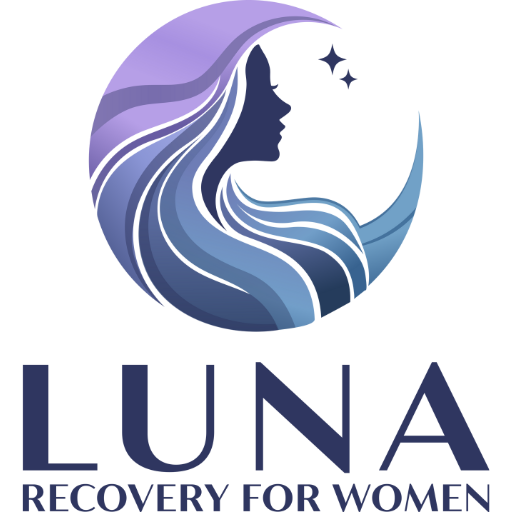Obsessive-compulsive disorder (OCD) is a complex mental health condition characterized by intrusive thoughts (obsessions) and repetitive behaviors (compulsions). While professional treatment is often essential in managing OCD, many people wonder if there are natural strategies that can help reduce symptoms and improve daily functioning.
While no natural remedy can cure OCD, a combination of healthy lifestyle practices, coping techniques, and support systems can play a significant role in complementing treatment and enhancing overall well-being.
8 Ways to Manage OCD Naturally

1. Explore Mindfulness and Meditation
Mindfulness and meditation are powerful tools that can help you become more aware of your thoughts without reacting to them impulsively. Practicing mindfulness can teach you how to observe obsessive thoughts without judgment or panic, reducing their control over your behavior. Meditation also promotes relaxation and a calmer state of mind, which can be helpful when anxiety levels are high. How to begin mindfulness:
- Dedicate a few minutes each day to deep breathing or guided meditation.
- Use mindfulness apps or find meditations tailored specifically for anxiety or OCD.
- Focus on staying present and gently redirecting your attention when intrusive thoughts arise.
2. Support Mental Health with Diet and Exercise
Your physical health is deeply connected to your mental well-being. A nutritious diet rich in whole foods, healthy fats, and lean proteins can help stabilize your mood and energy levels. Regular exercise, particularly aerobic activities like walking, swimming, or cycling, releases endorphins that naturally reduce stress and anxiety. Tips to stay on track:
- Aim for at least 30 minutes of moderate exercise on most days.
- Limit intake of caffeine, sugar, and processed foods, which can heighten anxiety.
- Stay hydrated and prioritize balanced meals throughout the day.
3. Practice Exposure and Response Prevention (ERP)
Exposure and response prevention (ERP) is considered one of the most effective approaches to treating OCD. This technique involves facing the fears that trigger your obsessions and resisting the urge to perform compulsions in response. While ERP is typically practiced with the help of a therapist, you can begin exploring gentle exposure techniques on your own. How to try ERP on your own:
- Start with small triggers and practice resisting your usual compulsive responses.
- Gradually work your way up to more challenging situations.
- Focus on building tolerance to discomfort and anxiety, instead of seeking immediate relief.
4. Manage Stress to Reduce Triggers
Stress is a common trigger for OCD symptoms, and chronic stress can make obsessions and compulsions more intense. Managing your stress levels through relaxation techniques can help ease symptoms and support your emotional health. Effective strategies include:
- Practicing yoga, tai chi, or progressive muscle relaxation.
- Creating a consistent sleep schedule and getting adequate rest.
- Setting personal and professional boundaries to avoid burnout.
5. Build a Strong Support System
OCD can sometimes feel isolating, but connecting with others can help break that cycle. Whether it’s confiding in a trusted friend, joining a support group, or participating in an online community, having people to talk to can provide emotional relief and reduce feelings of shame. Ideas for building support:
- Find local or virtual OCD support groups.
- Be honest with friends and family about your condition and how they can help.
- Join forums or social media groups dedicated to mental health support.
6. Consider Herbal Remedies and Supplements
Some people explore supplements and herbal options to support their mental health naturally. While these should never replace professional care, certain supplements may be beneficial when used under medical supervision. Popular options include:
- Omega-3 Fatty Acids: Found in fish oil, they may support brain health and lower anxiety.
- St. John’s Wort: Sometimes used for mild depression, though it can interact with medications, so it’s important to consult a doctor.
- Inositol: A naturally occurring compound that may influence serotonin and support OCD symptom relief.
Important: Always speak to your healthcare provider before starting any new supplement.
7. Try Journaling for Emotional Release
Journaling can serve as an effective outlet for processing obsessive thoughts and managing anxiety. Writing helps you express your emotions in a safe space and recognize thought patterns or triggers over time. Journaling tips:
- Set aside a few minutes daily to reflect on your feelings and experiences.
- Track specific situations that trigger symptoms and how you responded.
- Celebrate small wins and progress in your recovery journey.
8. Combine Natural Approaches With Professional Treatment
While natural strategies can be empowering, they are most effective when paired with clinical treatment. A therapy method such as cognitive-behavioral therapy (CBT) is evidence-based and has been proven to significantly reduce OCD symptoms. Medication may also be beneficial for some individuals as part of a comprehensive treatment plan.
Get OCD Treatment in North Andover, MA

Although there is no one-size-fits-all cure for OCD, the right combination of natural tools and professional treatment can help you regain control and improve your quality of life. At Luna Recovery for Women, we offer personalized outpatient programs that include therapies like CBT and ERP—tailored to meet your unique needs.
If you’re ready to explore your treatment options and start building a healthier future, reach out to us today. Together, we can support your journey toward greater clarity, peace, and balance.
